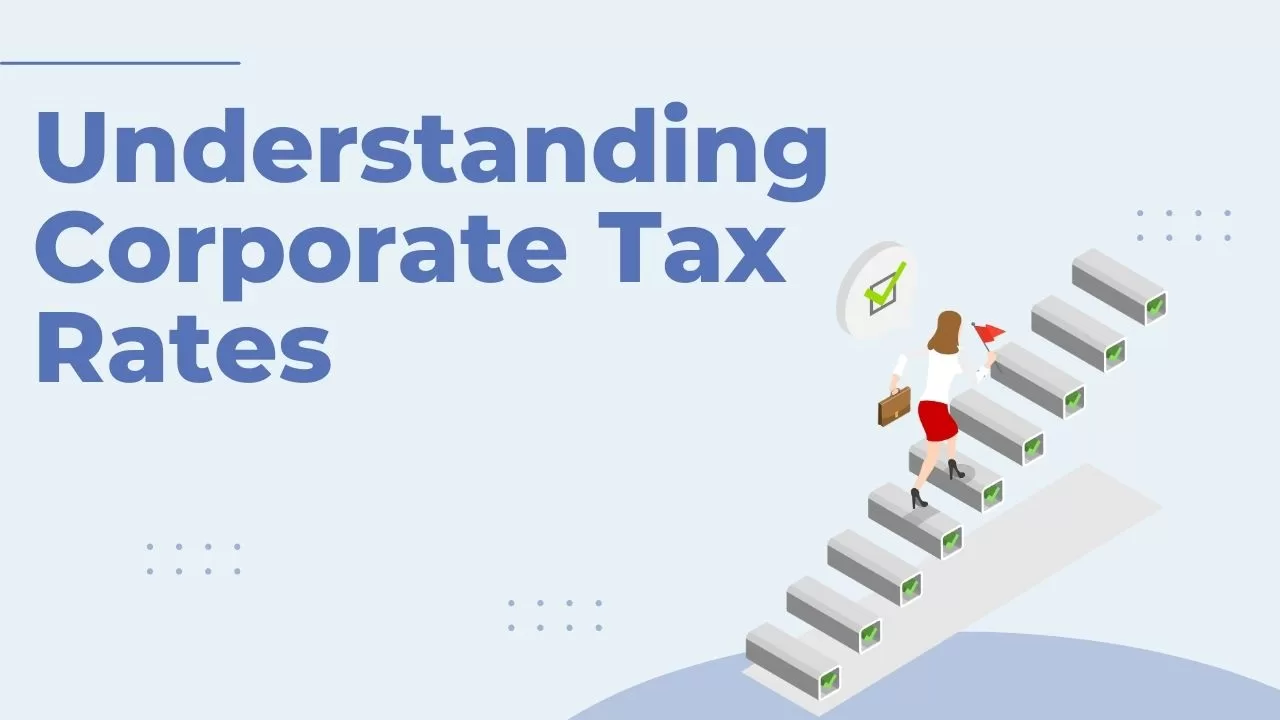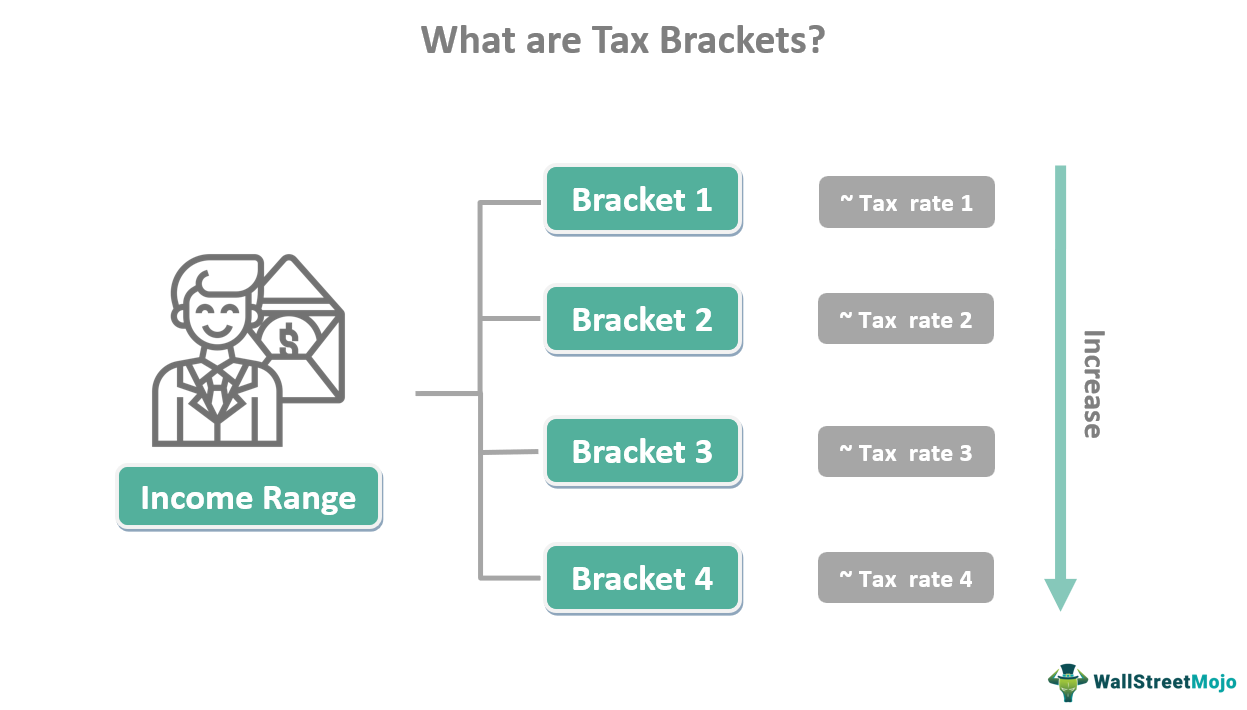What You Need to Know
Navigating corporate tax rates is essential for all businesses operating in Ontario as tax rates and related business taxes impact everything from financial forecasting to strategic planning. Staying informed about the nuances of these rates allows your business to anticipate tax liabilities accurately, plan for future expenses, and make informed investment decisions.
This guide breaks down the corporate tax framework in Ontario, highlighting tax rates, credits, and deductions available in 2024.
1. Overview of Ontario’s Corporate Tax System
Ontario’s corporate tax system is based on a combined federal and provincial tax model. Businesses operating in Ontario are subject to both federal corporate taxes, administered by the Canada Revenue Agency (CRA), and provincial taxes managed by the Ontario Ministry of Finance.
2. Corporate Tax Rates in Ontario by Business Type
The corporate tax rate in Ontario varies depending on the business type. Different categories of corporations, from small businesses to non-resident corporations, are subject to different tax obligations, as outline below:
- General Corporations: For general corporations that do not qualify as small businesses, the combined federal and provincial corporate tax rate remains at 26.5% (federal rate of 15% and Ontario’s rate of 11.5%) in 2024. This rate applies to most large corporations in Ontario.
- Small Business Deduction (SBD): Small businesses are eligible for a lower combined tax rate of 12.2% (federal rate of 9% and Ontario’s rate of 3.2%) on their first $500,000 of active business income. This deduction is available to Canadian-controlled private corporations (CCPCs). The $500,000 limit must be allocated amongst corporations that are associated in a taxation year, and is reduced by any portion that the CCPC assigns to another corporation.
- Professional Corporations: In Ontario, professionals like doctors, lawyers, and accountants often incorporate as professional corporations. These corporations pay the same rates as general corporations, but they may have access to unique deductions related to their field, which can offer some tax relief.
- Non-Resident Corporations: Foreign companies operating in Ontario must follow specific tax rules, including withholding taxes on income earned in Canada. Non-resident corporations are often subject to additional compliance requirements to avoid double taxation.
3. Key Corporate Tax Credits and Deductions for Ontario Businesses
Ontario offers a range of corporate tax credits and deductions designed to incentivize investment, innovation, and job creation within the province. We have highlighted a few of the most common credits below:
- Ontario Innovation Tax Credit (OITC): The OITC encourages scientific research and experimental development (SR&ED) by offering a 10% refundable tax credit to qualifying corporations on eligible R&D expenditures. Eligible activities include product innovation, technological advancements, and process improvements. This is particularly valuable for tech and manufacturing firms aiming to drive innovation.
- Ontario Regional Opportunities Investment Tax Credit: The Ontario government offers a 10% refundable tax credit for corporations making qualifying investments in certain regions. These investments can include capital expenditures on buildings, machinery, and equipment, and the tax credit aims to boost economic growth in rural and underdeveloped areas.
- Digital Media Tax Credits: For digital media companies in Ontario, the province offers credits for eligible digital products such as software, apps, and digital content production. These credits help reduce expenses related to developing and marketing digital media products, especially relevant in Ontario’s thriving tech sector.
- Other Deductions and Incentives: In addition to specific credits, corporations can benefit from deductions for capital cost allowances (CCA) on depreciable property, as well as deductions for expenses such as health plans and employee benefits.
Utilizing these credits can result in substantial tax savings, making it beneficial for businesses to work with tax professionals who understand Ontario’s tax system.
4. Tips for Managing Corporate Tax Obligations in Ontario
Proper tax planning and management can significantly reduce corporate tax obligations, ensuring that businesses can focus on growth rather than compliance issues. Here are some tips for managing corporate taxes effectively in Ontario:
- Work with a Tax Professional: Hiring a tax advisor who is well-versed in Ontario corporate taxes can ensure compliance and identify opportunities for tax savings. Tax professionals can also help navigate complex credits and deductions, which are critical for minimizing tax liability.
- Stay Updated on Tax Law Changes: Tax laws in Ontario can change, and staying informed on updates can make a difference in tax planning. Regularly reviewing new tax policies and budget changes is essential to capitalize on tax-saving opportunities.
- Leverage Digital Accounting Tools: Using digital accounting software can simplify tax filing, reduce the likelihood of errors, and maintain organized records. Many accounting tools also integrate tax planning features, allowing businesses to forecast tax liabilities and make informed financial decisions throughout the year.
- Engage in Year-Round Tax Planning: Businesses that treat tax planning as a year-round activity, rather than a task for the end of the fiscal year, are better positioned to capitalize on deductions and credits. Proactive tax planning also helps in managing cash flow, as companies can anticipate their tax obligations well in advance.
5. Conclusion
Understanding corporate tax rates in Ontario is a fundamental aspect of running a successful business in the province. In 2024, Ontario offers a balanced tax framework with competitive rates and a range of credits and deductions aimed at supporting business growth, innovation, and regional development. By staying informed and proactive in tax planning, businesses can make the most of available tax benefits, ultimately improving their financial health and strategic outlook.
Whether it’s taking advantage of the Small Business Deduction, utilizing innovation tax credits, or simply adhering to compliance requirements, businesses that prioritize tax planning are well-positioned to succeed. Working with tax professionals and staying current on tax changes are key strategies for any Ontario business looking to thrive in 2024 and beyond.
Disclaimer
The information provided on this page is intended to provide general information. The information does not take into account your personal situation and is not intended to be used without consultation from accounting and financial professionals. Murati Accounting will not be held liable for any issues that arise from the usage of the information provided on this page.


